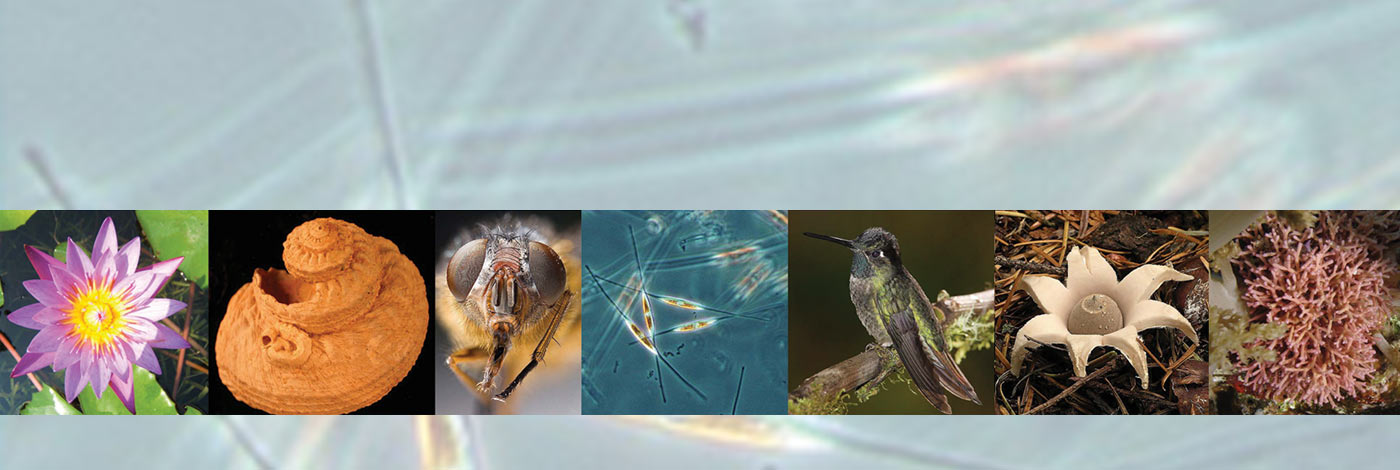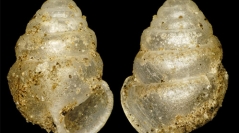

 European Journal of Taxonomy
926 (1) - Pages 1-62
European Journal of Taxonomy
926 (1) - Pages 1-62Though recent investigations have contributed substantially to our understanding of the Alpine-Dinaric radiation of the genus Zospeum Bourguignat, 1856, its southernmost member, Zospeum troglobalcanicum Absolon, 1916, has remained a taxonomic ghost. The assumed absence of type material, the insufficient original description, and the lack of new samples from its Western Balkan type locality have stymied further clarification. The recent discovery of a single syntype shell housed at the Natural History Museum Vienna now enables the first morphological assessment via 3D X-ray and SEM imaging. Based on this image data, different characters for assessing the southernmost members of the genus are determined and a lectotype is designated. Eleven allied species from 15 Western Balkan populations are described from museum material and recent sampling efforts: Z. amplioscutum Jochum & Ruthensteiner sp. nov., Z. biokovoense Jochum & Ruthensteiner sp. nov., Z. constrictum Jochum & Ruthensteiner sp. nov., Z. dubokidoense Jochum & Ruthensteiner sp. nov., Z. intermedium Jochum & Ruthensteiner sp. nov., Z. kolbae Jochum, Inäbnit, Kneubühler & Ruthensteiner sp. nov., Z. neuberti Jochum & Ruthensteiner sp. nov., Z. njegusiense Jochum & Ruthensteiner sp. nov., Z. njunjicae Jochum, Schilthuizen & Ruthensteiner sp. nov., Z. tortuosum Jochum & Ruthensteiner sp. nov. and Z. tumidum Jochum, Schilthuizen & Ruthensteiner sp. nov. One species, Z. kolbae, is described using DNA sequence data and one species, Z. simplex Inäbnit, Jochum & Neubert, 2021 for which DNA sequence data is already available, is supported by morphological data presented in this study. The DNA sequence dataset (COI, 16S and H3) is included here and implemented in the most recent phylogenetic reconstruction of the genus. A translation of Karel Absolon’s notes from the Balkan scientific expeditions is provided.
Dinarides, lectotype, shell morphology, subterranean ecology, troglobitic microsnails